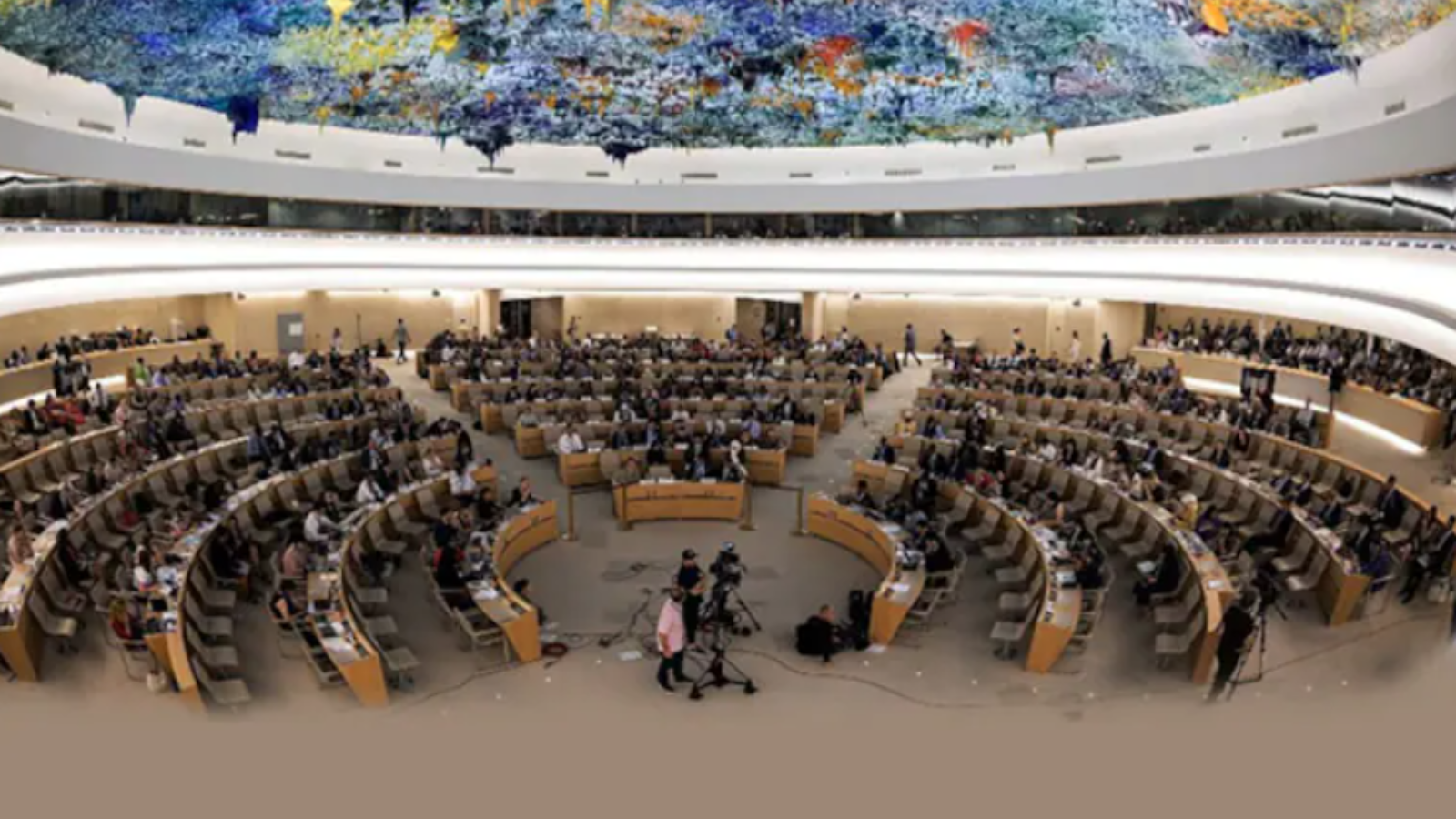India Re-Elected to UN Human Rights Council for 2026–28 Term
India has been elected to the United Nations Human Rights Council (UNHRC) for the 2026–28 term, marking the country’s seventh stint on the Geneva-based rights body. The development reinforces India’s consistent role in global human rights advocacy and its commitment to promoting equality, justice, and freedom at the international level.

India’s Successful Election to the UNHRC
The elections to the Human Rights Council were held on Tuesday at the UN General Assembly in New York. Following the vote, the UNHRC announced through its official social media channels that India’s three-year term would begin on January 1, 2026. This marks yet another milestone in India’s long-standing association with the global human rights framework. The election result was welcomed by Indian diplomats and foreign policy observers as a reflection of the country’s strong reputation within the international community.India’s Permanent Representative Expresses Gratitude
India’s Permanent Representative to the UN, Parvathaneni Harish, expressed gratitude to all member states for their support. In his post on social media, he stated, "India was elected to the Human Rights Council for the term 2026–28 for the seventh time today." He further added that the election outcome "reflects India's unwavering commitment to human rights and fundamental freedoms." The ambassador affirmed India’s readiness to contribute meaningfully to the Council’s agenda, saying, "We look forward to serve this objective during our tenure." His remarks underscored India’s consistent diplomatic engagement in multilateral human rights efforts.Structure and Role of the Human Rights Council
The UN Human Rights Council is composed of 47 member states, each elected by the UN General Assembly for a three-year term. The Council operates on principles of equitable geographic representation, ensuring that all regions have proportional participation. Seats are distributed as follows: 13 for African States, 13 for Asia-Pacific States, 6 for Eastern European States, 8 for Latin American and Caribbean States, and 7 for Western European and other States. The Council’s mandate involves promoting and protecting human rights globally, addressing violations, and making recommendations for improvement.India’s Longstanding Presence on the Council
India has played an active role in the Human Rights Council since its inception in 2006. Apart from mandatory gaps, the country has served on the Council across multiple terms, demonstrating both consistency and credibility in global rights advocacy. India previously served on the Council in 2006–2007, 2008–2010, 2012–2014, 2015–2017, 2019–2021, and 2022–2024. The current election marks its seventh term, achieved after a one-year gap in 2025, in compliance with the Council’s rule preventing three consecutive terms. During its previous tenures, India has consistently advocated for inclusivity, the right to development, and balanced approaches to human rights challenges.Global Support for India’s Candidature
India’s re-election is viewed as a strong endorsement from the international community. Analysts suggest that India’s balanced foreign policy, its constitutional commitment to democracy and fundamental rights, and its constructive approach in multilateral platforms contributed to its successful bid. The country’s past leadership in addressing issues such as women’s empowerment, sustainable development, and digital rights has strengthened its profile within the UN system. Moreover, India’s commitment to dialogue and cooperation over confrontation has made it a respected voice in the Council.Other Countries Elected to the Council
According to the UNHRC announcement, a total of 14 member states were elected for the three-year term beginning January 1, 2026. Alongside India, the newly elected members include Angola, Chile, Ecuador, Egypt, Estonia, Iraq, Italy, Mauritius, Pakistan, Slovenia, South Africa, the United Kingdom, and Vietnam. Each of these countries will contribute to the Council’s deliberations on global human rights issues through their respective regional representations.Significance of the Re-Election for India
India’s return to the Human Rights Council comes at a time when global attention to human rights issues is intensifying. As one of the world’s largest democracies, India’s participation is seen as vital to ensuring a balanced perspective that respects national sovereignty while promoting universal human rights standards. The country is expected to continue advocating for inclusive development, gender equality, and the right to education and health, aligning its human rights policies with the Sustainable Development Goals (SDGs).Next Story